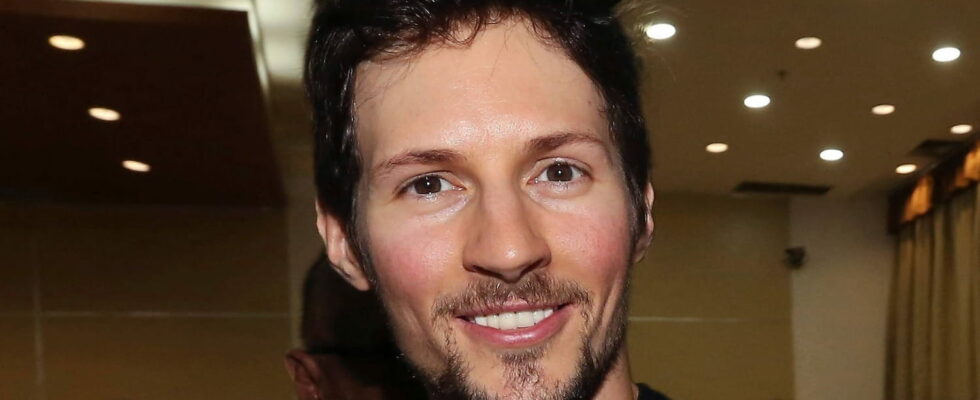Arrested upon his arrival at Le Bourget airport, the CEO of Telegram was the subject of an arrest warrant issued by France. The idea that he surrendered voluntarily is emerging, is it completely far-fetched?
Since Saturday evening, his fate has been stirring up excitement among his supporters, starting with Elon Musk. The boss of the Telegram platform, Pavel Durov, was arrested upon his arrival at Le Bourget airport on August 24. The Franco-Russian billionaire was the subject of a search warrant issued by the French Office for the Fight against Violence against Minors as the coordinating service of a preliminary investigation. At the time of his arrest by the police, Pavel Durov was arriving from Azerbaijan where he met with several local political leaders as well as Russian President Vladimir Putin, information that the Kremlin has however denied.
The French justice system accuses the Telegram boss of being an accomplice in a series of 12 offenses targeting his encrypted messaging platform. The charges range from fraud to cyberbullying, drug trafficking, fraud and advocating terrorism. Pavel Durov is in fact accused of not sufficiently moderating his platform, notably used by Daesh as a propaganda tool, but also of not cooperating with the judicial authorities to limit or eliminate the sometimes reprehensible behavior of Telegram users.
A maneuver to escape the Russian regime?
Arrested and taken into custody on Saturday evening, the Franco-Russian was perfectly aware of what he was risking by landing on French soil. His arrival on the tarmac at Le Bourget therefore gave rise to the theory of a voluntary arrest. “I see two hypotheses in the arrest of Pavel Durov […] Contact, direct or indirect, with Putin went badly. Aware of an imminent threat, he voluntarily went to France to be arrested. It is better to be in the hands of French justice and therefore under its protection than “soon to be dead”, analyzes Baptiste Robert, French cybersecurity researcher and hacker, on X.
It must be said that the 39-year-old billionaire does not seem to have very good relations with Moscow. Since he launched VKontakte (VK), the Russian equivalent of Facebook, in 2006, the entrepreneur has been under pressure from the Russian government, which wanted to collect data from the site’s users. Pressure that led him to leave the management of his company and then flee Russia in 2014. Only a year after the launch of another platform: Telegram, a free encrypted messaging service that now has nearly a billion users.
What is the risk for Pavel Durov?
An arrest certainly without great consequences for Pavel Durov, since it will be very difficult for the French justice system to blame the CEO of Telegram for the excesses of its users. The one who is described as an opponent of Putin is also not at risk of extradition to Russia. The billionaire, in fact, obtained his naturalization in 2021 after an expeditious and exceptional procedure since, according to information from France Inter, he would have benefited from the “emeritus foreigner” procedure. It allows a French-speaking person who has “contributed through his action to the influence of France and the prosperity of its international economic relations” to obtain, by decision of the Ministry of Foreign Affairs, French naturalization.
In any case, since his arrest, statements of support for Pavel Durov have multiplied. On Telegram, libertarian discussion channels cry out about injustice and the violation of freedom of expression. The Russian population is demanding his release, as is Moscow, which is warning against any “attempt at intimidation”. The boss of the social network X, Elon Musk, a confirmed libertarian, posted the message “Freedom, Freedom! Freedom?” And this Tuesday, August 27, the United Arab Emirates announced that it had asked France “to provide it with all necessary consular services” [Pavel Durov] be provided urgently,” adding that they were “closely monitoring the case of their citizen.”
